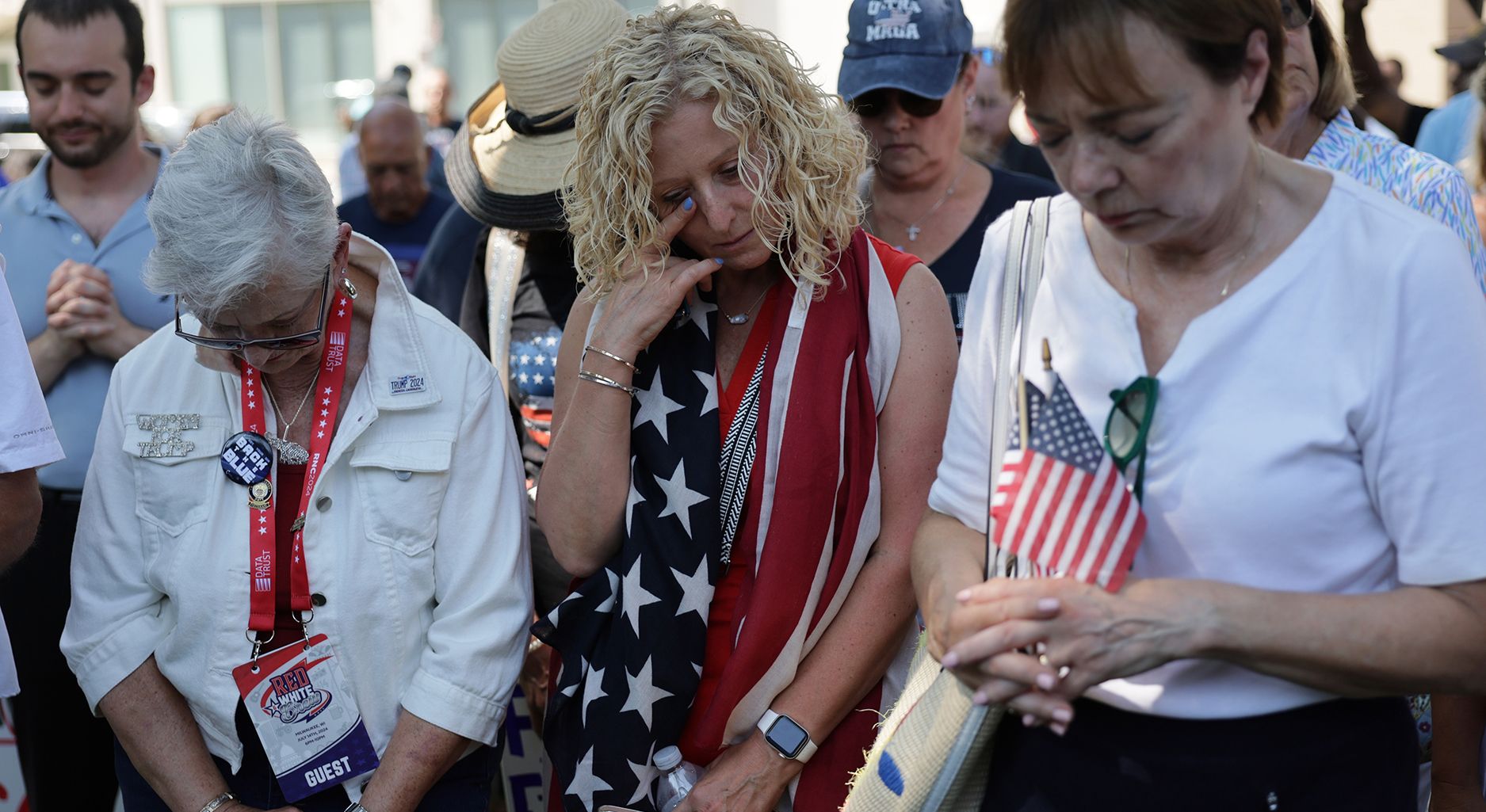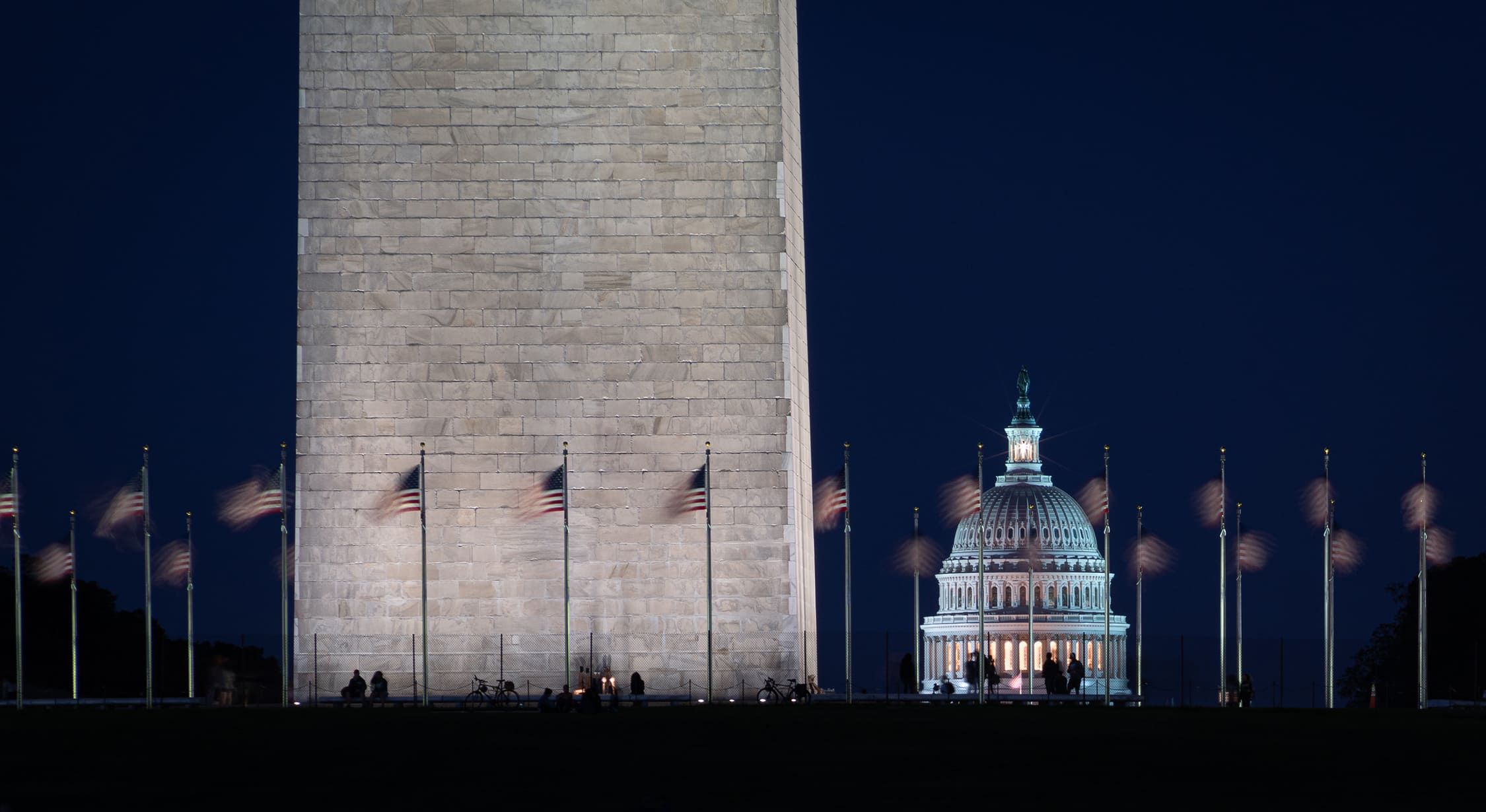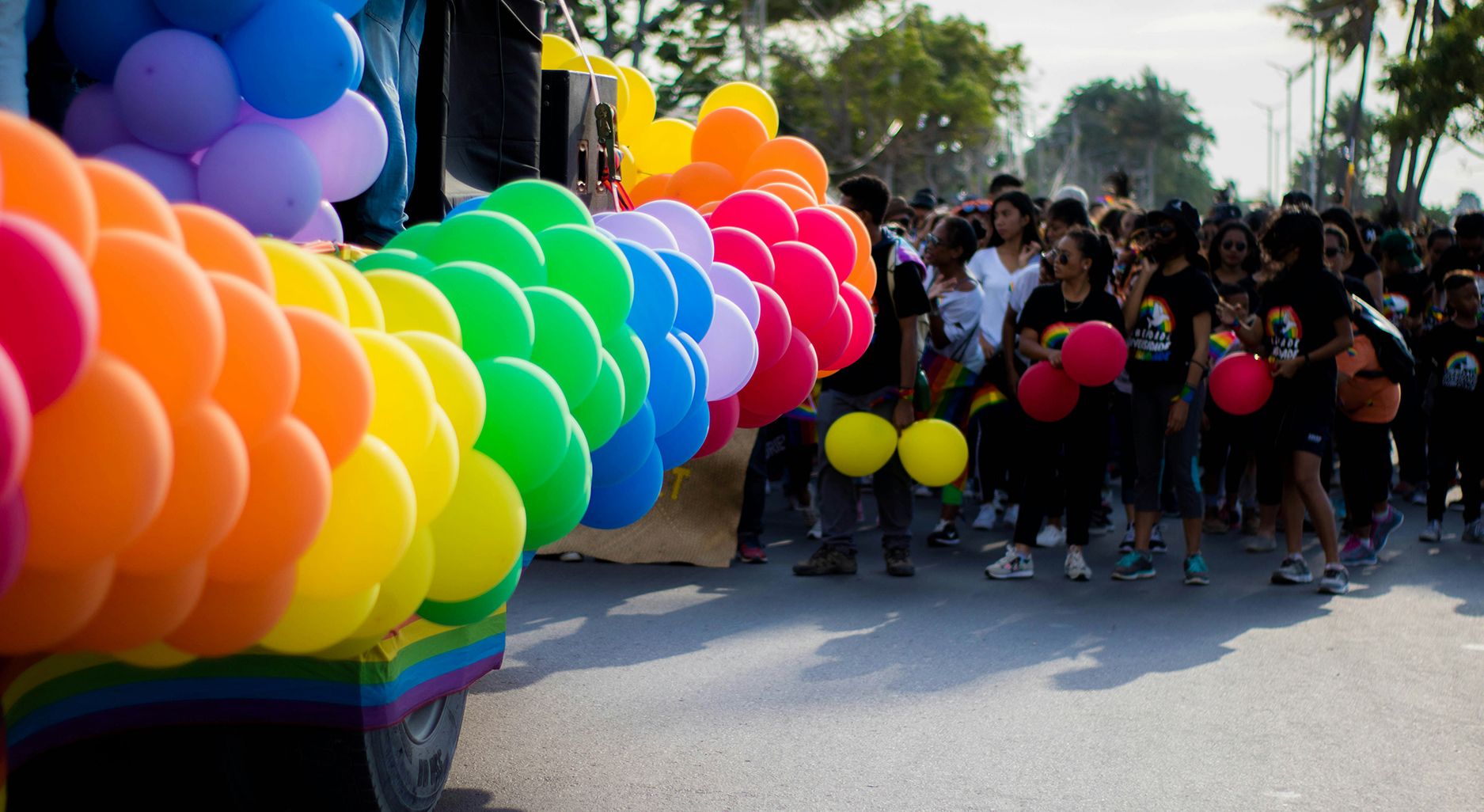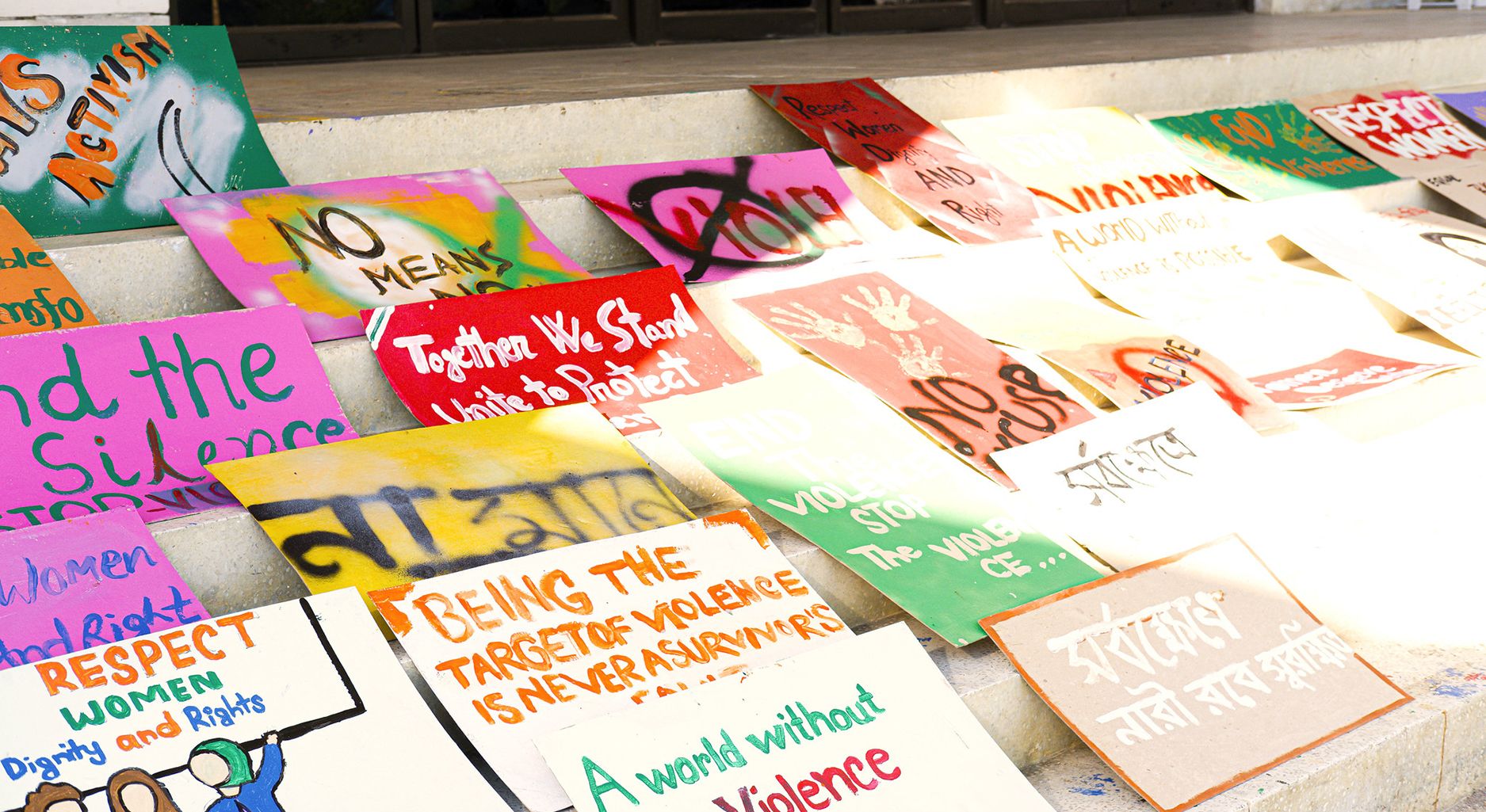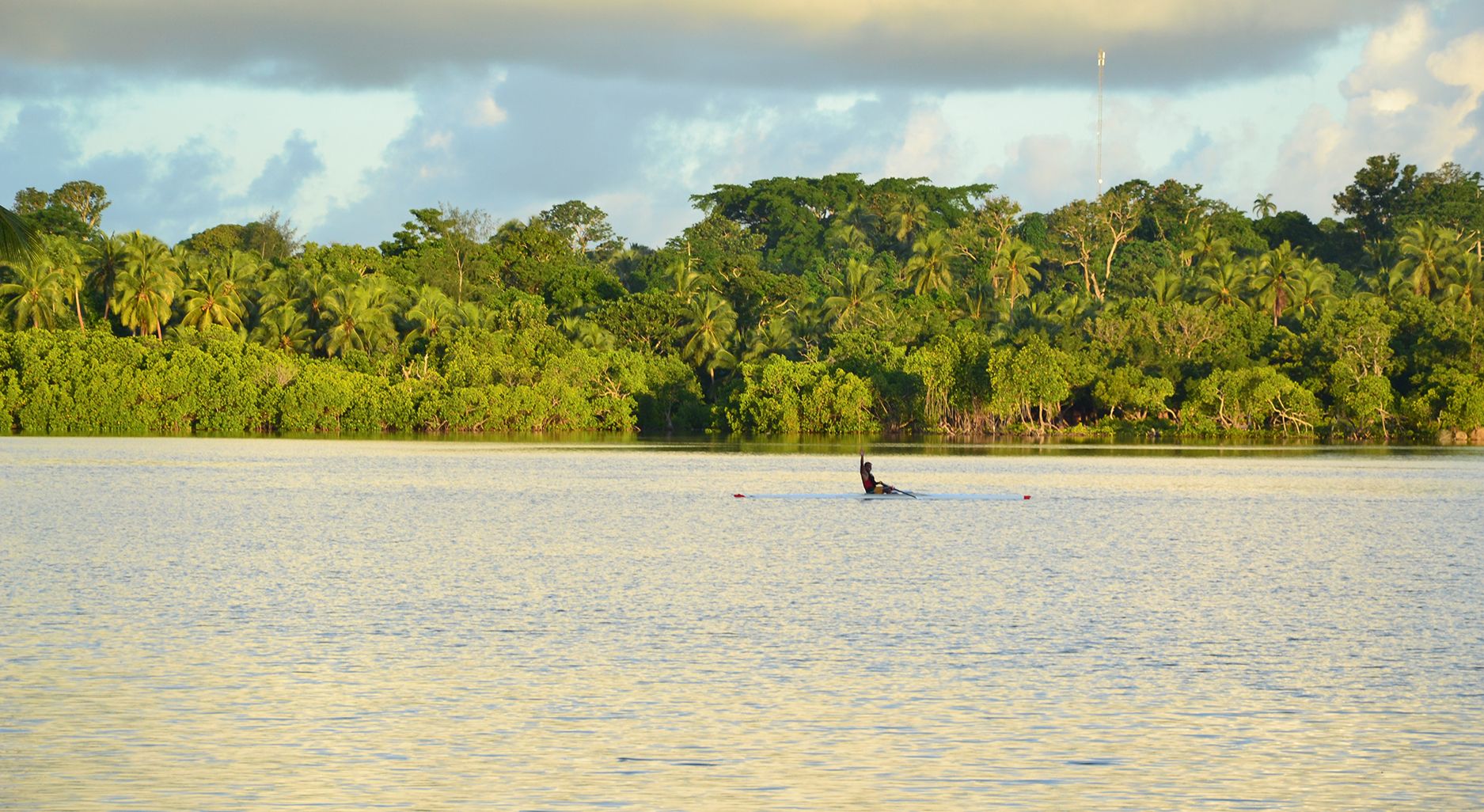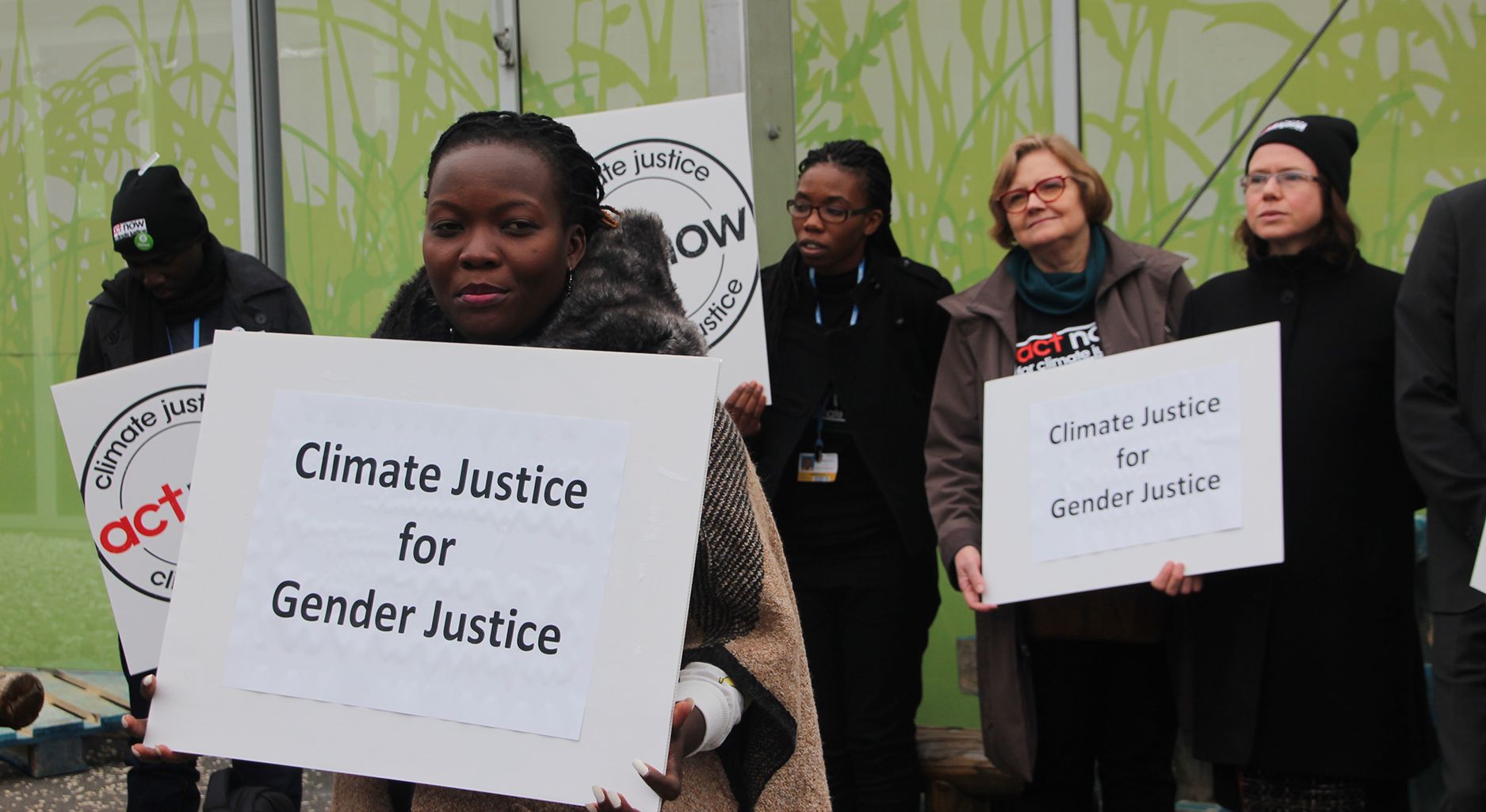The potential re-election of Donald Trump would be a setback for the US climate policy of recent years. Although emissions reductions remain insufficient, climate policy has been a priority under President Joe Biden. The attempts to find a cooperative format with China despite geopolitical tensions deserve special attention, as I argue in this blog post. This approach could also set an example for European and German foreign policy if Trump is re-elected. In any case, Germany and Europe must assume even greater responsibility and leadership in this policy area. This means meeting their own commitments and helping others to do the same.
US-amerikanische Nuklearwaffenpolitik nach der US-Wahl 2024: Das Ende der nuklearen Abrüstung?
Seit Ende des Kalten Krieges haben die Vereinigten Staaten die Größe ihres Nuklearwaffenarsenal signifikant reduziert. Doch vor der US-Wahl 2024 zeichnet sich ein dramatischer Kurswechsel ab: Während Russland mit dem Einsatz von Kernwaffen in der Ukraine droht, bauen China und Nordkorea ihre Nuklearwaffenarsenale stetig aus. Sollten die drei Staaten weiterhin kein Interesse an Rüstungskontrollverhandlungen mit Washington zeigen, könnten deshalb auch die Vereinigten Staaten ihr Nuklearwaffenarsenal zum ersten Mal seit Jahrzehnten wieder vergrößern – und zwar unabhängig davon, wer die Wahl gewinnt. Eine demokratische Administration würde aller Voraussicht nach aber deutlich maßvoller vorgehen als eine republikanische Regierung.
Kein Innehalten und keine Zäsur – es geht einfach weiter
US-Präsidentschaftskandidat Donald J. Trump entgeht einem Attentat. Bereits Sekunden nach der Tat ballt Trump die Hand zur Faust und fordert seine Anhänger auf, den Kampf fortzuführen. Er schafft ein ikonisches Bild, das den weiteren Wahlkampf und den Ausgang der Wahl beeinflussen wird. Gleichzeitig illustriert die Geste unmittelbar, dass dieses Attentat wohl nicht zu einer notwendigen Zäsur in diesem Wahlkampf führen wird.
Preparing for the Worst: A PRIF Blog Series on the US Elections in November
The presidential elections in the United States this November come with incredibly high stakes – both for US democracy and for US allies across the world. A new PRIF blog series on the consequences of the elections will address the possible fallout of a second Trump term for PRIF’s research areas and examine ways that German and European policymakers could prepare for and respond to the elections.
Backlash Against LGBTIQ+ Rights in Peacebuilding: Raising Awareness During Pride Month
June is celebrated as pride month worldwide. It highlights the achievements that have been made regarding the rights of people with diverse sexual orientation, gender identity and expressions, or sex characteristics. It also raises awareness about ongoing structural discrimination, inequality and violence. In peacebuilding contexts, individuals with diverse SOGIESC encounter severe backlash from anti-feminist actors aiming at the reversal of achievements as well as resistance from those trying to maintain the status quo.
Shattered Lives: The Global Crisis of Sexual Violence in Conflict
June 19th is the international day for the elimination of sexual violence in conflict. It is a day of silent remembrance, as the crime of conflict-related sexual violence (CRSV) is not a priority on political agendas. Survivors are often too traumatized to report, or experience further criminalization and stigmatization. The recent annual report of the UN Secretary General stresses the continuous prevalence and the global scale of this horrific crime. This blog summarizes its core findings.
Politisierung in Zeiten schwacher politischer Normen: Zum Klima-Gutachten des Internationalen Seegerichtshofs
Ende Mai legte der Internationale Seegerichtshof ein mit Spannung erwartetes Gutachten vor. Eine Gruppe kleiner Inselstaaten hatte den Seegerichtshof im Dezember 2022 angerufen, um die Frage zu klären, was die Pflichten der Vertragsstaaten des Seerechtübereinkommens für den Klimaschutz umfassen. Der Seegerichtshof kam zu dem Ergebnis, dass die Staaten verpflichtet sind, die Meeresverschmutzung zu verhindern. Auch wenn das Gutachten rechtlich nicht bindend ist, dürfte es Auswirkungen auf die weitere Entwicklung der Rechtsprechung zum Klimaschutz haben. Zugleich ist fraglich, wie groß die normative Wirkung des Gutachtens sein kann, da die über den Kern des Völkerrechts hinausgehende regelbasierten Ordnung zurzeit an Bedeutung verliert.
The 2024 Bonn Climate Change Conference: An opportunity to push gender responsive action
In preparation of the UN Climate Change Conference, held in Baku, Azerbaijan, in November of 2024, subsidiary bodies will meet 3-13 June at the Bonn Climate Change Conference to discuss which urgent issues shall be decided in Baku. Compared to the early years of the UN Climate Change Conferences that were established in the 1990s, it is no longer contested to see gender among the focal points. Gender has become an established topic to be addressed, and the necessity is recognized of implementing climate policies in gender-responsive ways. Nevertheless, related political practice still leave a lot to be desired.
Jugend in der Krise – Überforderung, Bewältigung und Radikalisierungspotenziale
Jugendliche stehen in dem Ruf, besonders radikal zu sein. Medial erregt derzeit die Studie „Jugend in Deutschland“ Aufmerksamkeit, in der sich ein Rechtsruck junger Menschen ablesen lässt. Auch die Debatten um „Krawallnächte“, in denen Jugendliche sich zu Hochzeiten der COVID-19 Pandemie eskalative Auseinandersetzungen mit der Polizei lieferten oder Diskurse über Jugendliche, die ins Ausland reisen, um sich der Terrormiliz „Islamischer Staat“ anzuschließen, prägen das Bild einer „radikalen“ Adoleszenz. In diesem Beitrag zeichnen wir eine doppelte Belastung aus den allgemeinen Herausforderungen des Heranwachsens und den spezifischen gesellschaftlichen Spannungen für Jugendliche nach. Wir erläutern, inwieweit sich aus dieser Doppelbelastung Radikalisierungspotenziale ergeben.
Resisting Energy Transition? Understanding Roadblocks in Northern Colombia
La Guajira in northern Colombia has seen a disproportionate number of roadblocks recently, especially connected to wind park construction sites, staged by people demanding that the state implement economic, social, and physical security improvements. This conflict is an example of local impacts of the global energy transition on historically marginalized people. In this Spotlight we argue that La Guajira is a prime case showing how the energy transition is leveraged to indirectly address the state through private companies.


